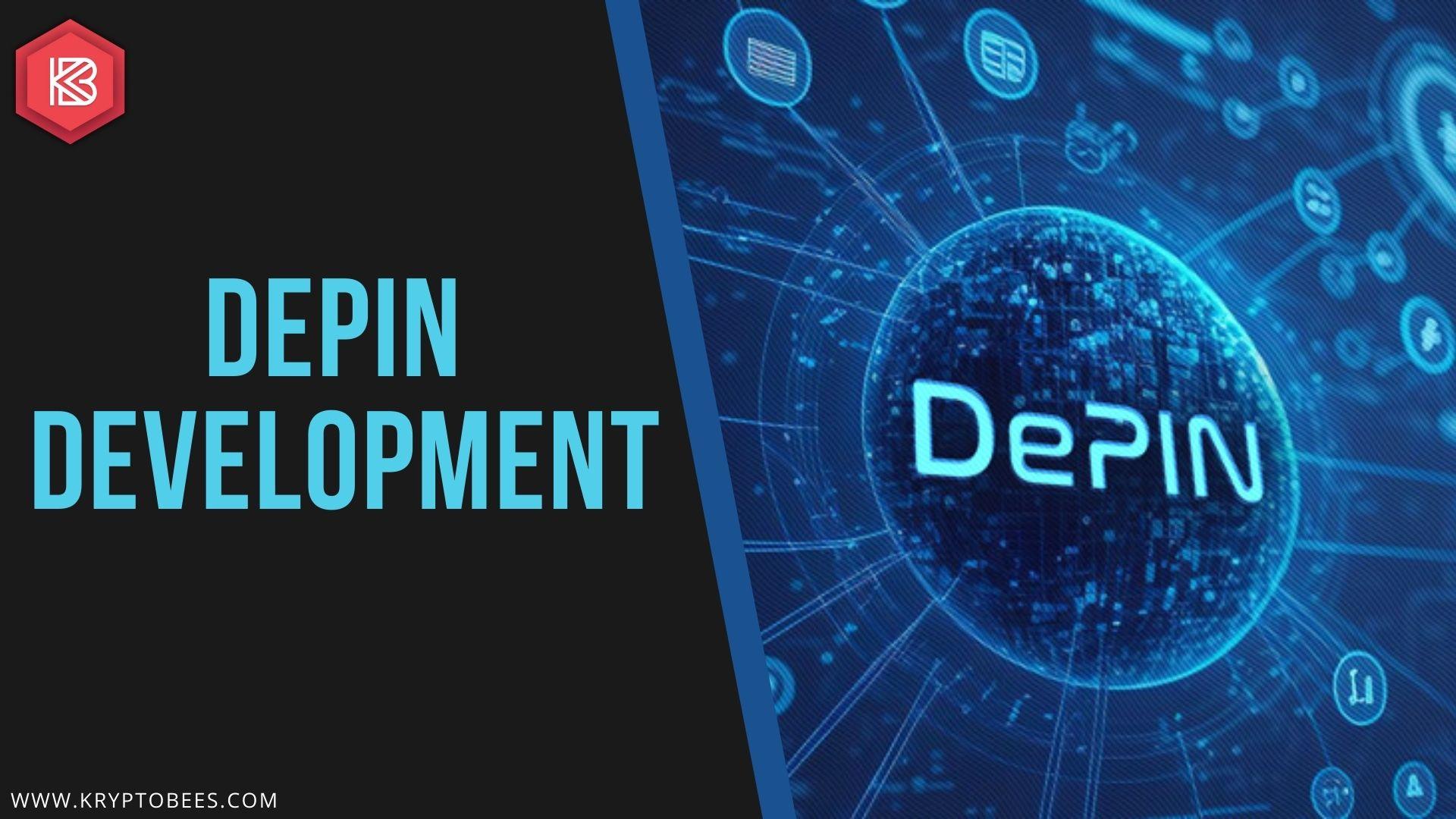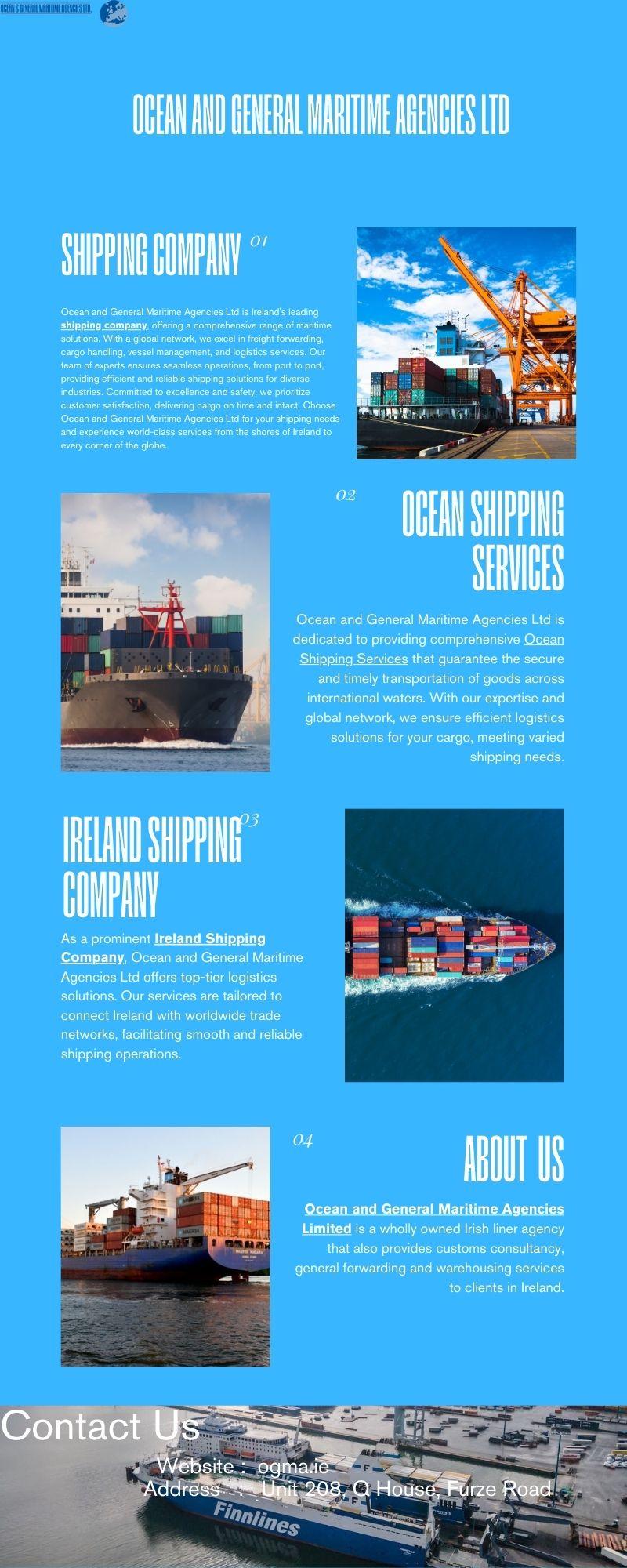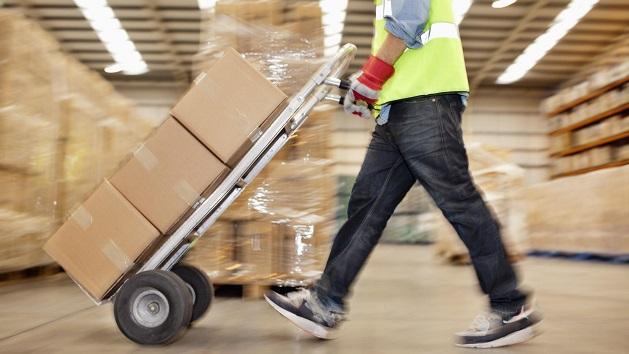IoT and Beyond: The Technology Behind Smart Containers Explained
In an era defined by connectivity and innovation, the logistics industry is undergoing a revolution. At the heart of this transformation are smart containers, a technological marvel that combines the power of IoT (Internet of Things) with traditional shipping containers. This fusion has given birth to a new era of supply chain management, where cargo isn't just transported, but actively communicates its status and conditions. In this article, we'll delve into the technology behind smart containers and explore the profound impact it's having on global trade and commerce.
According to Stratview Research, The Global Smart Container Market was valued at US$ 3.65 Billion in 2021 and is expected to reach US$ 11.14 Billion by 2028, registering a CAGR of 17.07% during the forecast period of 2022 to 2028.
Smart container is a device which aids in tracing and tracking products among stakeholders with the electronic product code information services, supply chain, and RFID technologies and provides monitoring, real-time tracking facilitating drivers to increase rotation time of their package equipment and improve utilization percentages.
Smart containers are the containers that facilitate transportation of goods via both seaborne and land modes of transport, which may include the use of trucks, rails, and ships, eliminating the necessity for reloading and unloading at standard features. They are used in a wide array of industries and have always been the crux of the shipping industry.
To learn more about the report, click here:
https://www.stratviewresearch.com/1451/smart-container-market.html
The Birth of Smart Containers: A Technological Leap
Traditionally, shipping containers were little more than metal boxes designed to carry goods across vast distances. The revolution began when innovators saw the potential to turn these static containers into dynamic, data-driven assets.
Sensors: The Nervous System of Smart Containers
At the core of every smart container are an array of sensors. These small, intelligent devices act as the container's sensory organs, constantly gathering data on various environmental parameters. These can include temperature, humidity, pressure, GPS coordinates, shock and vibration, and even whether the container has been opened.
Communication Technologies: Enabling Connectivity
In order to make sense of the data collected by sensors, smart containers are equipped with cutting-edge communication technologies. These can range from cellular networks to satellite links, ensuring that no matter where a container is, it can transmit its status and condition in real-time.
Telematics: Bridging the Physical and Digital Worlds
Telematics is the technology that merges telecommunications with informatics. In the context of smart containers, it's the bridge that allows physical information (like sensor data) to be transmitted over networks and integrated into digital systems. This integration is what empowers logistics managers and operators with the information they need to make informed decisions.
The Data Deluge: Making Sense of the Information Avalanche
With sensors continuously generating data, the challenge becomes how to manage and interpret this deluge of information. This is where advanced analytics and data processing come into play.
Data Management Platforms
Sophisticated data management platforms serve as the central nervous system of smart container operations. They receive, store, and process the data generated by the sensors in real-time. These platforms are designed to handle immense volumes of data, ensuring that nothing is lost or overlooked.
Predictive Analytics: Anticipating Needs
One of the most powerful applications of smart container technology lies in predictive analytics. By analyzing historical data and current conditions, logistics managers can predict potential issues and take preemptive action. For instance, if a temperature-sensitive cargo is veering towards a critical threshold, adjustments can be made to prevent spoilage.
Real-world Applications: How Smart Containers are Changing the Game
Enhancing Cold Chain Logistics
One of the most significant impacts of smart containers has been in the cold chain industry. Temperature-sensitive goods, such as pharmaceuticals and perishable foods, require precise environmental conditions during transport. Smart containers ensure that these conditions are maintained, providing an unbroken chain of custody from producer to consumer.
Optimizing Route Planning
With real-time tracking and condition monitoring, smart containers enable logistics managers to make dynamic adjustments to routes. For instance, if a storm or traffic congestion is detected along a planned route, the cargo can be re-routed to ensure it reaches its destination on time and in optimal condition.
The Future: Smart Containers 2.0
As technology continues to advance, the capabilities of smart containers are poised to reach even greater heights. Anticipate the integration of AI for more sophisticated predictive analytics, blockchain for secure and immutable data records, and further automation in cargo handling processes.
Conclusion: A Smarter, Connected Future
Smart containers represent the epitome of how technology is reshaping traditional industries. By imbuing shipping containers with the power of IoT and advanced analytics, we've entered an era where cargo communicates, logistics are optimized, and global trade is more efficient than ever before. As the march of progress continues, we can only imagine the further innovations that will arise from this intersection of technology and logistics. The future is bright, connected, and undeniably smart.
About Us
Stratview Research is a global market research firm, offering syndicated and custom research reports along with growth consulting services. Our business intelligence and industry research reports offer clients insightful market data to aid strategic decision-making. These exclusive reports are the result of exclusive research methodology and are available for key industries such as chemicals, composites, advanced materials, technology, renewable energy, and more.
Stratview Research delivers custom research services across sectors. In case of any custom research requirements, please send your inquiry to sales@stratviewresearch.com or connect with our experts at +1-313-307-4176.
IoT and Beyond: The Technology Behind Smart Containers Explained
In an era defined by connectivity and innovation, the logistics industry is undergoing a revolution. At the heart of this transformation are smart containers, a technological marvel that combines the power of IoT (Internet of Things) with traditional shipping containers. This fusion has given birth to a new era of supply chain management, where cargo isn't just transported, but actively communicates its status and conditions. In this article, we'll delve into the technology behind smart containers and explore the profound impact it's having on global trade and commerce.
According to Stratview Research, The Global Smart Container Market was valued at US$ 3.65 Billion in 2021 and is expected to reach US$ 11.14 Billion by 2028, registering a CAGR of 17.07% during the forecast period of 2022 to 2028.
Smart container is a device which aids in tracing and tracking products among stakeholders with the electronic product code information services, supply chain, and RFID technologies and provides monitoring, real-time tracking facilitating drivers to increase rotation time of their package equipment and improve utilization percentages.
Smart containers are the containers that facilitate transportation of goods via both seaborne and land modes of transport, which may include the use of trucks, rails, and ships, eliminating the necessity for reloading and unloading at standard features. They are used in a wide array of industries and have always been the crux of the shipping industry.
To learn more about the report, click here:
https://www.stratviewresearch.com/1451/smart-container-market.html
The Birth of Smart Containers: A Technological Leap
Traditionally, shipping containers were little more than metal boxes designed to carry goods across vast distances. The revolution began when innovators saw the potential to turn these static containers into dynamic, data-driven assets.
Sensors: The Nervous System of Smart Containers
At the core of every smart container are an array of sensors. These small, intelligent devices act as the container's sensory organs, constantly gathering data on various environmental parameters. These can include temperature, humidity, pressure, GPS coordinates, shock and vibration, and even whether the container has been opened.
Communication Technologies: Enabling Connectivity
In order to make sense of the data collected by sensors, smart containers are equipped with cutting-edge communication technologies. These can range from cellular networks to satellite links, ensuring that no matter where a container is, it can transmit its status and condition in real-time.
Telematics: Bridging the Physical and Digital Worlds
Telematics is the technology that merges telecommunications with informatics. In the context of smart containers, it's the bridge that allows physical information (like sensor data) to be transmitted over networks and integrated into digital systems. This integration is what empowers logistics managers and operators with the information they need to make informed decisions.
The Data Deluge: Making Sense of the Information Avalanche
With sensors continuously generating data, the challenge becomes how to manage and interpret this deluge of information. This is where advanced analytics and data processing come into play.
Data Management Platforms
Sophisticated data management platforms serve as the central nervous system of smart container operations. They receive, store, and process the data generated by the sensors in real-time. These platforms are designed to handle immense volumes of data, ensuring that nothing is lost or overlooked.
Predictive Analytics: Anticipating Needs
One of the most powerful applications of smart container technology lies in predictive analytics. By analyzing historical data and current conditions, logistics managers can predict potential issues and take preemptive action. For instance, if a temperature-sensitive cargo is veering towards a critical threshold, adjustments can be made to prevent spoilage.
Real-world Applications: How Smart Containers are Changing the Game
Enhancing Cold Chain Logistics
One of the most significant impacts of smart containers has been in the cold chain industry. Temperature-sensitive goods, such as pharmaceuticals and perishable foods, require precise environmental conditions during transport. Smart containers ensure that these conditions are maintained, providing an unbroken chain of custody from producer to consumer.
Optimizing Route Planning
With real-time tracking and condition monitoring, smart containers enable logistics managers to make dynamic adjustments to routes. For instance, if a storm or traffic congestion is detected along a planned route, the cargo can be re-routed to ensure it reaches its destination on time and in optimal condition.
The Future: Smart Containers 2.0
As technology continues to advance, the capabilities of smart containers are poised to reach even greater heights. Anticipate the integration of AI for more sophisticated predictive analytics, blockchain for secure and immutable data records, and further automation in cargo handling processes.
Conclusion: A Smarter, Connected Future
Smart containers represent the epitome of how technology is reshaping traditional industries. By imbuing shipping containers with the power of IoT and advanced analytics, we've entered an era where cargo communicates, logistics are optimized, and global trade is more efficient than ever before. As the march of progress continues, we can only imagine the further innovations that will arise from this intersection of technology and logistics. The future is bright, connected, and undeniably smart.
About Us
Stratview Research is a global market research firm, offering syndicated and custom research reports along with growth consulting services. Our business intelligence and industry research reports offer clients insightful market data to aid strategic decision-making. These exclusive reports are the result of exclusive research methodology and are available for key industries such as chemicals, composites, advanced materials, technology, renewable energy, and more.
Stratview Research delivers custom research services across sectors. In case of any custom research requirements, please send your inquiry to sales@stratviewresearch.com or connect with our experts at +1-313-307-4176.








